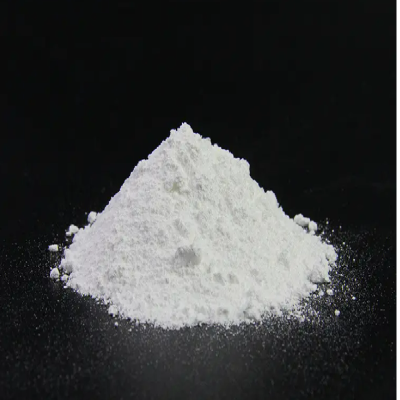Strategies that chemical companies can implement to improve waste management

Improving waste management is crucial for chemical companies to reduce environmental impact, enhance operational efficiency, and comply with regulations. Here are several strategies that chemical companies can implement to improve waste management:
1. Conduct Waste Audits
- Identify Waste Streams: Conduct a thorough audit to identify the types and quantities of waste generated. This includes hazardous waste, recyclable materials, and general waste.
- Analyze Waste Generation Points: Determine where waste is generated within the company. This helps in pinpointing areas where waste reduction measures can be most effective.
2. Implement Source Reduction
- Optimize Processes: Review and optimize production processes to minimize waste generation. This can involve improving efficiency, reducing overproduction, and using more precise manufacturing techniques.
- Substitute Materials: Where possible, replace high-waste materials with alternatives that generate less waste or are more easily recyclable.
3. Enhance Recycling Programs
- Separate Waste at Source: Implement a comprehensive waste segregation system to separate recyclables from general waste. This ensures that materials like paper, plastic, metal, and glass can be efficiently recycled.
- Partner with Recyclers: Collaborate with local recycling facilities to ensure that recyclable materials are processed correctly. This can also help in negotiating better rates and ensuring compliance with recycling standards.
4. Promote Reuse and Repurposing
- Internal Reuse: Identify opportunities to reuse materials within the company. For example, scrap metal can be melted down and reused, or excess packaging materials can be repurposed.
- Donation and Exchange: Partner with other chemical companies or organizations to donate or exchange surplus materials that are still in good condition.
5. Implement Efficient Disposal Methods
- Hazardous Waste Management: Ensure that hazardous waste is handled, stored, and disposed of in accordance with local and international regulations. This includes proper labeling, containment, and transportation.
- Landfill Diversion: Aim to divert as much waste as possible from landfills. This can be achieved through increased recycling, composting (for organic waste), and incineration with energy recovery.
6. Educate and Train Employees
- Awareness Programs: Conduct regular training sessions to educate employees about the importance of waste management and the specific practices implemented by the company.
- Incentive Programs: Implement incentive programs to encourage employees to participate actively in waste reduction and recycling efforts.
7. Monitor and Report
- Track Waste Metrics: Regularly monitor and record waste generation and disposal metrics. This data can be used to identify trends, measure the effectiveness of waste management initiatives, and set targets for continuous improvement.
- Compliance Reporting: Ensure that all waste management activities are documented and reported in accordance with regulatory requirements. This helps in maintaining compliance and demonstrating corporate responsibility.
8. Invest in Technology
- Waste Management Software: Use specialized software to manage waste streams, track recycling rates, and schedule waste collection and disposal.
- Advanced Recycling Equipment: Invest in advanced recycling and waste processing equipment to improve the efficiency and effectiveness of waste management operations.
9. Engage with Stakeholders
- Community Engagement: Engage with local communities to promote waste reduction and recycling initiatives. This can enhance the company’s reputation and foster a culture of environmental responsibility.
- Supplier Collaboration: Work with suppliers to ensure that they also adhere to sustainable practices, such as reducing packaging and using recyclable materials.
10. Develop a Comprehensive Waste Management Plan
- Set Clear Objectives: Develop a waste management plan with clear objectives and measurable targets. This plan should cover all aspects of waste management, from source reduction to final disposal.
- Continuous Improvement: Regularly review and update the waste management plan to incorporate new technologies, practices, and regulatory changes.
By implementing these strategies, chemical companies can significantly improve their waste management practices, reduce environmental impact, and contribute to a more sustainable future.
- Art
- Causes
- Crafts
- Dance
- Drinks
- Film
- Fitness
- Food
- Spellen
- Gardening
- Health
- Home
- Literature
- Music
- Networking
- Other
- Party
- Religion
- Shopping
- Sports
- Theater
- Wellness


